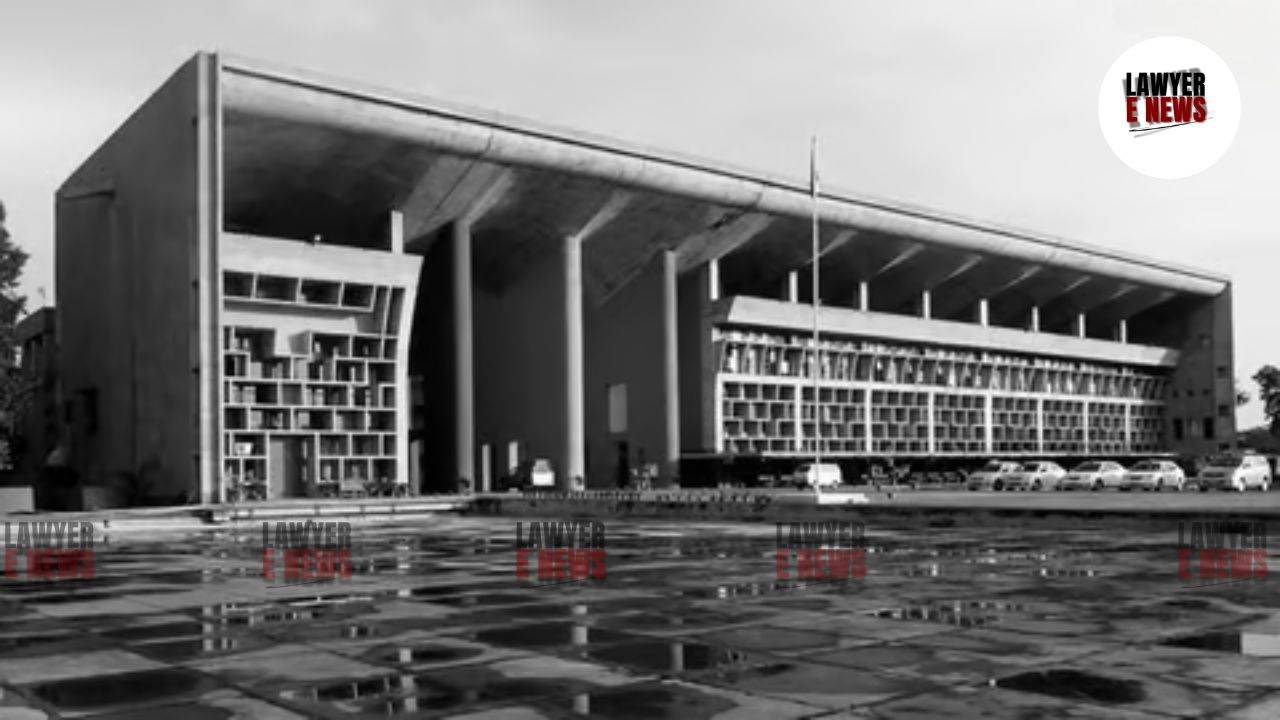-
by Admin
15 February 2026 5:35 AM



Petition challenging land acquisition dismissed on grounds of delay and repurposing validity under public use criteria.
The High Court of Punjab and Haryana, in a significant ruling, has dismissed the writ petition filed by Ashok Kumar Bansal challenging the acquisition and subsequent repurposing of land initially intended for a mandi but later used for a school playground and building. The judgment, delivered by a bench comprising Justices Sureshwar Thakur and Lalit Batra, reaffirms the notion that the repurposing of land for educational infrastructure still serves a public purpose and underscores the consequences of procedural delays in challenging governmental actions.
The case involves a writ petition (CIVIL WRIT PETITION NO. 11457 OF 2024) filed by Ashok Kumar Bansal against the State of Haryana and others, contesting the acquisition of his land under the Land Acquisition Act, 1894. Initially acquired for developing a mandi through notifications dated August 2, 1976, and June 24, 1977, followed by an award on January 24, 1978, the land was subsequently repurposed for a school playground and later for constructing a school building. Bansal sought the release of the land, citing a change in public purpose and procedural delays in addressing his representations.
The High Court examined the petitioner's challenge regarding the change of public purpose from a mandi to a school playground and building. The bench observed that even though the land was initially acquired for a mandi, its repurposing for educational purposes still aligns with the public interest. "A school playground and building undeniably serve the public purpose by providing necessary infrastructure for the education of children," the court noted.
Addressing the procedural delays, the court pointed out that Bansal's previous writ petitions on similar grounds were dismissed. The current petition lacked new evidence or substantial argument to merit reconsideration. "The petitioner failed to provide a reasonable explanation for the prolonged delay in challenging the land acquisition and its subsequent use," the bench stated.
The court also highlighted the petitioner's failure to seek timely remedies regarding his representation. Despite the court's earlier direction in 1991 to consider the petitioner's representation compassionately, no speaking order was passed by the competent authority, and the petitioner did not pursue contempt proceedings. "The petitioner's inaction indicates a waiver of grounds raised in the representation," the court remarked.
The judgment extensively discussed the principles of land acquisition and public purpose. It reiterated that a change in the stated public purpose does not invalidate the acquisition if the new purpose continues to serve the public good. "Constructing a school building on the subject land subserves the educational pursuits of school-going children, thereby fulfilling the public purpose criterion," the court observed.
Justice Sureshwar Thakur remarked, "The raising of a school building on the subject land is a valid ground for upholding the acquisition, as it continues to serve the public good."
The High Court's dismissal of Ashok Kumar Bansal's petition underscores the judiciary's stance on upholding land acquisitions that continue to serve public purposes, despite changes in the specific use of the land. The ruling also highlights the critical importance of timely legal action in challenging governmental decisions. The petitioner has been ordered to deposit costs of Rs. 25,000 with the Treasurer of the Punjab and Haryana High Court Bar Association, reaffirming the court's commitment to deterring frivolous or delayed claims.
Date of Decision: 30th May 2024
